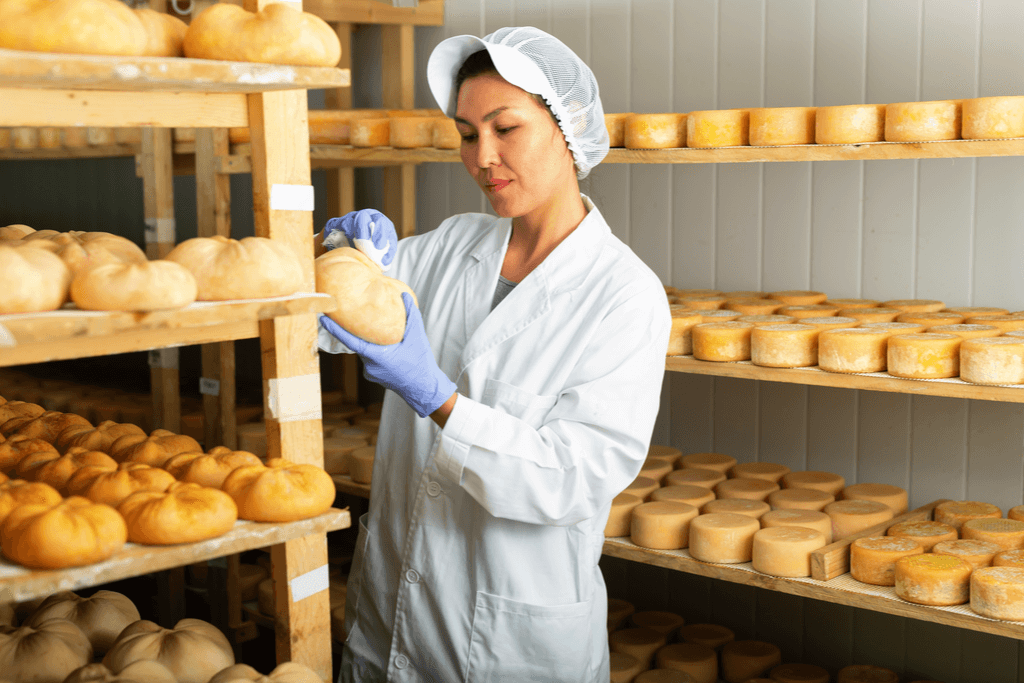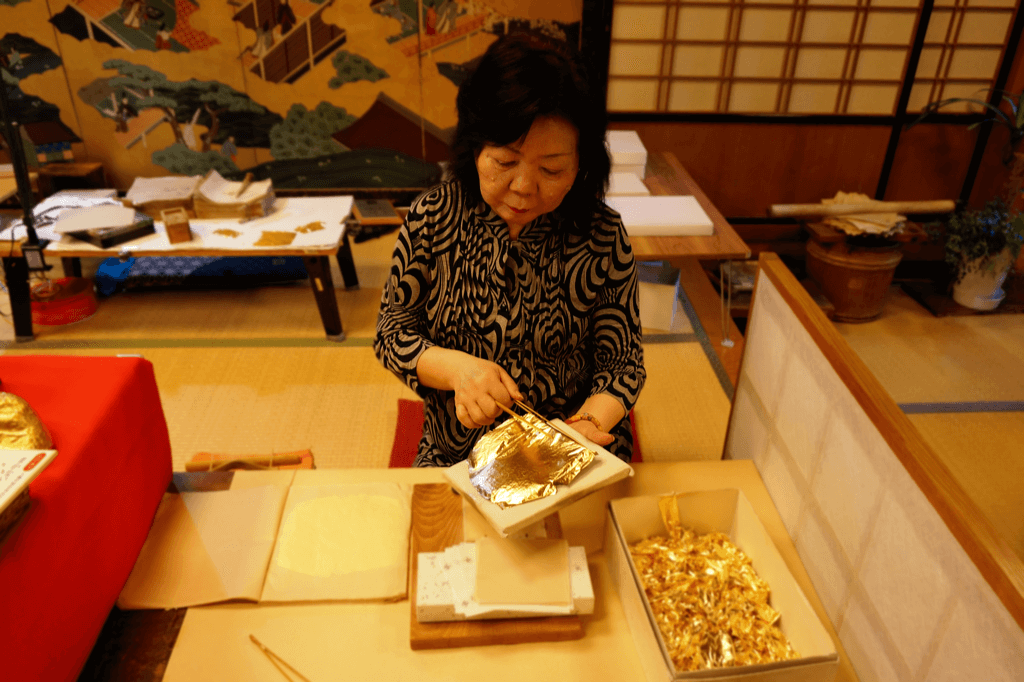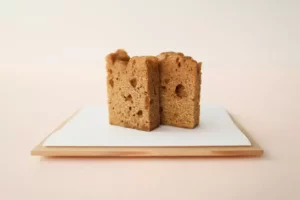Table of Contents
ToggleSupporting local Japanese makers and artisans who work tirelessly is not a new idea. But due to recent events, many small businesses had to adapt in order to keep going. Small businesses in Japan are no exception.
With many small Japanese snack makers steeped in tradition, to these dedicated makers. Their delicacies are synonymous with their region. Locals often cherish these recipes and are keen to share them with others.
With these artisanal products being as rare as they are, what are some ways that we can support them?
Hometown Pride and Tourism in Japan
When visiting Japan, you’ll soon notice that Japan’s smaller, local areas take a lot of pride in their local produce. Every prefecture and even specific towns are famous for their unique produce. Hokkaido, for instance, is well-known for its melons and dairy products; Kyoto, for its tea; and Okinawa, for its brown sugar.
Artisans use these ingredients and create specialties that truly highlight the flavors of their region. Often makers will create snacks known as omiyage. But what is an omiyage?
An omiyage is commonly translated as “souvenir”. While in Western souvenirs can be any tourist trinket, a Japanese omiyage is usually a box of individually wrapped snacks.

While its origin is unknown, omiyage originally started off as proof of travel, so to speak . In other words, it symbolized someone’s ability it to make it to a far away shrine. These travelers shared their spoils with the village for everyone’s enjoyment. Today people share them with family, friends, and colleagues who handled your duties in your absence.
Today however, many people are traveling less, both domestically and internationally. Many small confectionaries in Japan are rebuilding their businesses despite current events. Unfortunately, the slow tourism has definitely impacted on the culture of omiyage and small businesses.
Globalization and Local Japanese Business Makers
But not all is lost! In the information age, you would think many Japanese businesses were taking the opportunity to set up shop online.
However, that isn’t always the case for some of these smaller Japanese businesses. Most of them are elder artisans with a penchant for tradition. Therefore, many of them are slow to adapt to the new way of doing things. Often, many of these businesses have never sold to people overseas or even to people within the country online.
Interested in trying these Japanese traditional sweets made by local makers? Sakuraco sends traditional Japanese snacks, tea and home goods, and a handy information booklet straight to your door every month.
Primarily, most small makers value the local shops who work with them, and want to remain loyal to them. In return, those businesses will support them during difficult times.
Others have taken more to this change and have adapted to the internet. But many local makers focus only on domestic sales in Japan. They tend to only operate their sites in Japanese, keeping them off the radar from many people overseas.

This does have an added benefit though. With many of these boutique makers being harder to discover, it does make their delights more of a rarity. At first glance, it may seem nigh impossible to enjoy their gourmet snacks. Fortunately, there are plenty of ways you can still support them.
Keeping the Craft Alive
Some of these makers have a long history of creating traditional Japanese specialties. But due to recent events they are in need of extra support right now.
Here at Sakuraco, our team of Japanese snack experts have been painstakingly building relationships with many of these smaller makers. Through doing business the traditional way, our makers feel comfortable with us. And in turn we can then fill Sakuraco subscription boxes full of delicious, regional specific snacks. You can even see some of our local partners in our recent documentary series here.

Since we’re based in Tokyo, we have a unique advantage to build strong relationship with our partners. Other subscription boxes such as Bokksu based in New York, which may challenge their partnership prospects. This may explain why a Bokksu box contains dagashi (modest Japanese candy) from larger, popular makers.
Sakuraco is dedicated to supporting and celebrating our smaller, locally based partners through our authentic Japanese snack boxes. Why not discover what authentic Japanese sweets and snacks are coming this month and support these small makers!











One Response
I have ordered my first box and I can’t wait to try it!